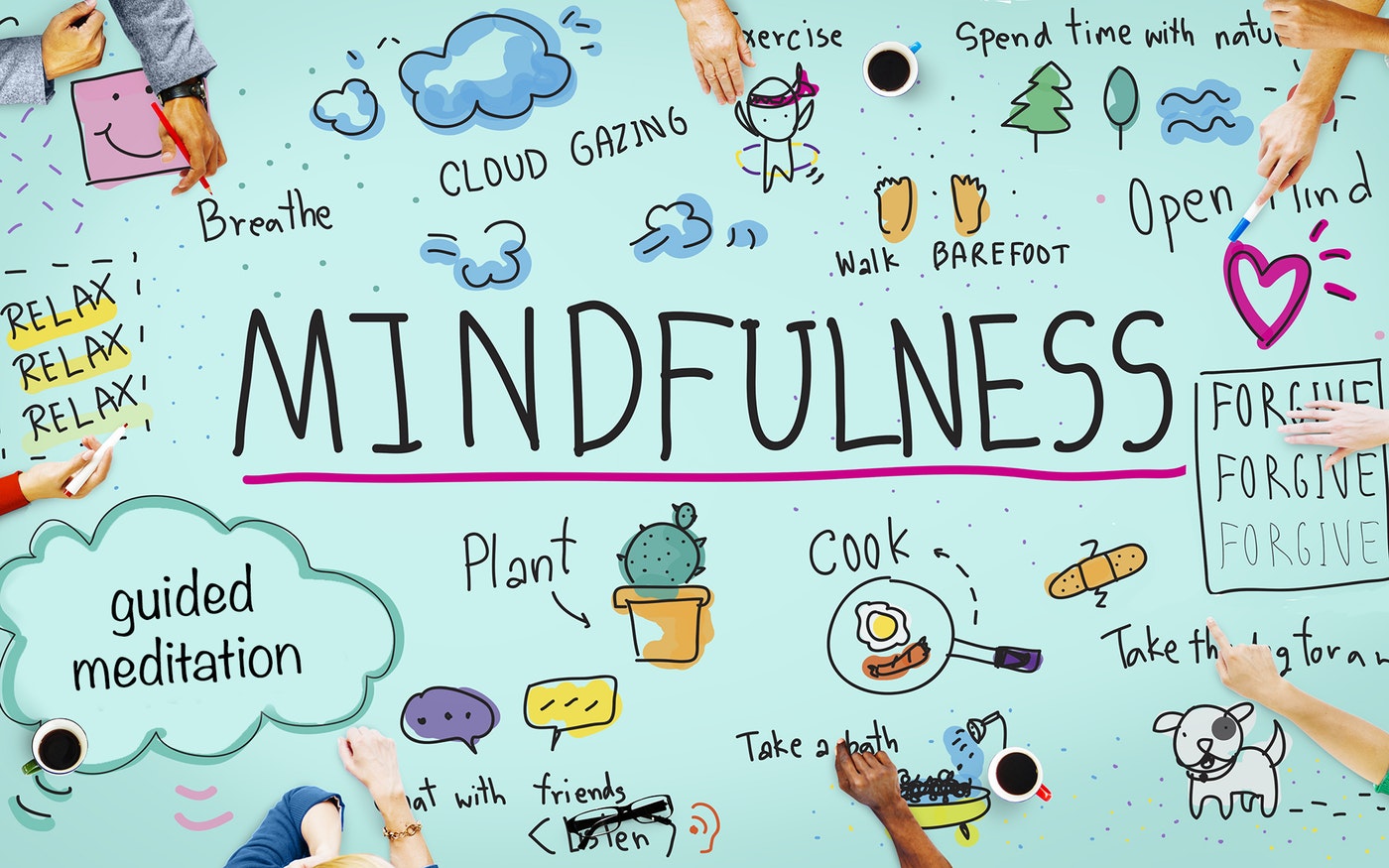When the mindfulness is first proposed into the treatment of helping addiction, it has no solid evidence that it can be so effective as of now when it has first experimented. Apart from treating yourself with all the kind of medicines, the best way which supports your good health is to have a good and peaceful mind. Keeping yourself calm, relaxed and stress-free is the initial step with which you can achieve your way to sobriety easily.

Sobriety is not just a word, it is all that you have struggled and relieved from that and making yourself happy, not influenced by anything, staying strong with the situations and not carried away by any kind of emotion deeply. Defining sobriety is difficult, it has its unique story in everybody’s life. Making your mind is the greatest help you can do it to yourself to help you have a better and healthy lifestyle. Mindfulness, yoga, meditation, all of the things that can help you and in recent days it has a lot more evidence which speaks about mental health, sobriety in addiction recovery. Many addiction recovery centers help their patients with mindfulness classes and ask them to follow regularly to have improved mental health since addiction spoils your memory first.
Topics Covered
What is Mindfulness
Mindfulness practices in rehab centers three skills which directs any addict to recovery. The first one is the help the individuals to identify the environment which enhances them to use drugs. The second one is to handle the emotions either positive or negative which engages them to seek drugs. The last one is that they train individuals to make rational decisions about behavioral choices, what they exactly want to accomplish by this recovery process, exactly the answer for addicts will be sobriety.
This traditional treatment describes these three skills in 3 words awareness, disengagement, and perception which helps to activate the part of the brain which is being dysfunctional due to addiction. They are primarily responsible for attention, emotion, and behavioral regulation. Mindfulness can help you to have a balance in life and recover. The awareness regarding mindfulness is spread everywhere, in result to that many uses this technique to get rid of the addiction(alcohol or substance)they have. There where many research and experiments under this topic and there is no certainty that it will work for everyone.
We have gathered a few surveys which can help you to detail know about what this mindfulness is all about and the various kinds of experimental usage.
Research On Mindfulness in Addiction Treatment
According to the National Center for Complementary and Integrative Health (NCCIH) in the year, the use of mindfulness is stated as:
“Available data suggest that mindfulness-based interventions may help significantly reduce the consumption of several substances including alcohol, cigarettes, opiates, and others compared to control groups; however, many studies have had small sample sizes, methodological problems, and a lack of consistently replicated findings.”
According to the research made on the three mindfulness techniques, it has been briefed below clearly.
Mindfulness-based Relapse Prevention (MBRP). In the randomly chosen trial from different people, mindfulness helps them to tolerate all the negative situations and environment which triggers addiction. It helps with a long-term outcome.
Mindfulness-Based Interventions (MBIs) – According to the results analyzed from 24 studies published between 2011 and 2014. Mindfulness reduces the consumption of several substances like cocaines, drugs, opiates and etc to a greater extent than any other form of therapies.
Mindfulness Oriented Recovery Enhancement (MORE) – The principal investigator behind MORE, Eric Garland, Ph.D., has published over 20 studies on the role of mindfulness in recovery and has received over 50 million dollars in grants to support his research. In the study, findings say that mindfulness helps in both pre to post-treatment and has significantly greater improvements in substance craving, post-traumatic stress, and negative affect than CBT, and greater improvements in post-traumatic stress and positive effect than TAU.
The Neurological Basis for Mindfulness
When somebody is addicted, definitely the function of the brain is affected. The substance you abuse takes full control of your brain, its behavioral pattern, dysfunction and etc. When you are emotionally affected or the circumstances which enhance your addiction all those behavioral changes happen because of your brain, hence treating it is the most crucial part of your addiction recovery. The patterns which were created due to your reaction and emotion of substance abused person is far more different from the normal people patterns.
Future of Mindfulness
First mindfulness trains individuals about the things happening around them by creating awareness. Next, they try to distract from things which are more attracted by the addicts to consume, this is known as disengagement. The final one is that it trains the individual to experience the world as of the same what it is really, that’s perception. With the combination of these three things, mindfulness helps people to control their emotions and enhances their decision-making ability based on reason rather than impulse.
The exposure on mindfulness is already on its full swing, many therapists across the world use this kind of mindfulness techniques in their counseling session, to help them recover and guides them to practice daily to enhance their lifestyle. The future of mindfulness in the treatments on addiction center can be approached by the way of integrating it with the other kind of techniques such as Dialectical Behavioral Therapy (DBT), Group Therapy, Cognitive Behavioral Therapy (CBT) and Family Therapy. Some of the initial work has already been in the form, but there is no exact procedure to practice it. Once these things were set the people who were addicted can enjoy the life of sobriety most efficiently.
Conclusion
Though there are many effective treatments available worldwide, mindfulness is the one which has the highest positive range on recovery and reduced relapse. Not only addicts want to practice yoga and meditation in their daily life, but it also helps normal people to improve their concentration power, their ability in decision making helps them to lead a happy and healthy life. Mindfulness is the greatest gift when it is utilized appropriately then the result will be enormous and it helps everyone with its grace.




